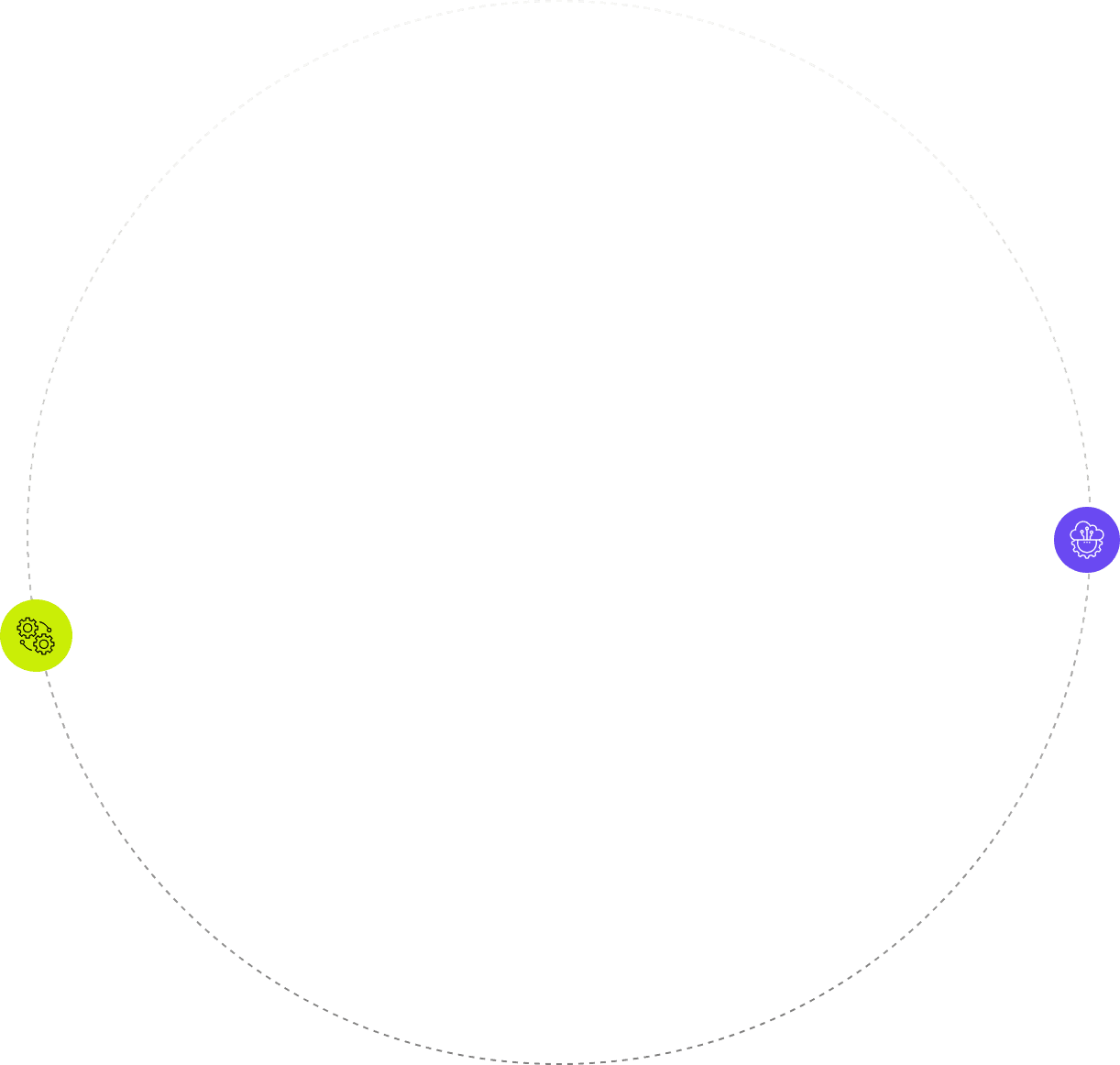Kunal Chopra
Feb 19, 2025
The Future of Supply Chain Due Diligence: Key EU Regulations to Watch in 2025
As global supply chains become increasingly complex, regulatory bodies are tightening compliance requirements to ensure ethical and sustainable sourcing. In the European Union (EU), several key regulations are set to shape the landscape of supply chain due diligence in 2025 and beyond. Businesses operating within or trading with the EU must stay ahead of these evolving requirements to remain compliant and competitive.
Corporate Sustainability Due Diligence Directive (CSDDD) (EU) 2024/1760
The Corporate Sustainability Due Diligence Directive (CSDDD) represents one of the most comprehensive legislative efforts to enforce responsible business conduct. Adopted in June 2024, the directive mandates that large companies integrate due diligence measures to identify, prevent, and mitigate adverse human rights and environmental impacts across their supply chains.
Who Must Comply?
EU-based companies with over 1,000 employees and an annual global turnover exceeding €450 million.
Non-EU companies that generate more than €450 million in turnover within the EU market.
Key Compliance Requirements
Conduct risk assessments and report on due diligence processes.
Implement corrective action plans for supply chain violations.
Establish grievance mechanisms for affected stakeholders.
Member states are required to transpose the directive into national law by July 2026, with phased enforcement beginning in 2027. However, some EU member states, such as France and Germany, have called for delays due to economic concerns (Reuters, 2025).
EU Deforestation Regulation (EUDR) (EU) 2023/1115
The EU Deforestation Regulation (EUDR), set to take effect in December 2024, will significantly impact companies dealing with commodities linked to deforestation. Businesses must ensure their products do not originate from land subjected to deforestation after December 2020.
Affected Commodities
Palm oil, cattle, soy, coffee, cocoa, timber, and rubber
Derived products (e.g., leather, furniture, chocolate, paper)
Failure to comply could lead to market bans and substantial fines. The European Commission has proposed a one-year extension for large companies and an additional six-month grace period for smaller businesses, pending approval (Time, 2025).
Prohibiting Products Made with Forced Labour Regulation (EU) 2024/3015
Adopted in late 2024, this regulation aims to eliminate products made with forced labor from the EU market. Regulatory authorities will have the power to investigate and remove non-compliant products.
What Businesses Need to Do
Conduct risk assessments on suppliers.
Provide traceability documentation proving ethical sourcing.
Cooperate with authorities during compliance investigations.
This initiative aligns with global efforts to combat forced labor, particularly in industries such as electronics, textiles, and agriculture (Reuters, 2025).
Batteries and Waste Batteries Regulation (EU) 2023/1542
As part of its circular economy strategy, the EU introduced stricter regulations on battery sustainability in August 2023. This law will impact supply chains in 2025 as enforcement expands.
Key Compliance Factors
Sustainable sourcing of raw materials such as lithium, cobalt, and nickel.
Recycling and waste management obligations for battery producers.
Carbon footprint reporting for large battery manufacturers.
Companies in the automotive, electronics, and renewable energy sectors must adapt their procurement and production processes to meet these standards.
Looking Ahead: Compliance Trends in 2025
As the EU refines its approach to supply chain due diligence, businesses should anticipate additional developments:
1. Regulatory Adjustments
Ongoing debates may lead to revisions or implementation delays as policymakers weigh sustainability goals against economic challenges.
2. Expansion of Due Diligence Requirements
Expect due diligence obligations to expand beyond large corporations to include smaller enterprises and more industries, ensuring greater accountability.
3. Enhanced Enforcement Mechanisms
With increased audits, penalties, and reporting requirements, enforcement will be a priority for regulators in 2025.
Conclusion: Preparing for the Future
The evolving regulatory landscape requires companies to proactively integrate compliance measures into their supply chains. Businesses should invest in:
AI-powered compliance tools to monitor supply chain risks.
Supplier engagement strategies to ensure regulatory alignment.
Robust documentation practices to demonstrate due diligence efforts.
At Certivo, we help companies navigate these challenges with AI-driven compliance solutions, ensuring businesses remain ahead of regulatory changes and competitive in the EU market.
For more insights on supply chain compliance, contact us today or explore our compliance management platform.
Sources
Reuters (2025) – EU countries split over whether to delay green reporting rules.
Time (2025) – Deforestation Europe: How the EUDR will impact global supply chains.
Reuters (2025) – US paper industry asks for lighter EU deforestation rules.
Kunal Chopra
Kunal Chopra is the CEO of Certivo, an AI-driven compliance management platform revolutionizing how manufacturers navigate regulatory challenges. With a career spanning over two decades, Kunal is a seasoned technology leader, 3x tech CEO, product innovator, and board member with a passion for driving transformative growth and innovation.
Before leading Certivo, Kunal spearheaded successful transformations at renowned companies like Beckett Collectibles, Kaspien, Amazon, and Microsoft. His strategic vision and operational excellence have led to achievements such as a 25x EBITDA valuation increase at Beckett Collectibles and a 450% shareholder return at Kaspien. He has a track record of turning challenges into opportunities, delivering operational efficiencies, and driving market expansions.
Kunal’s deep expertise lies in blending technology and business strategy to create scalable solutions. At Certivo, he applies this expertise to empower manufacturers, using AI to turn product compliance from an operational burden into a strategic advantage.
Kunal holds an MBA from The University of Chicago Booth School of Business, an MS in Computer Science from Clemson University, and a BE in Computer Engineering from The University of Mumbai. When he’s not transforming businesses, Kunal is an advocate for innovation, growth, and building cultures that inspire excellence.
Stay tuned for insights from Kunal on how technology can redefine compliance, drive efficiency, and create opportunities for growth in the manufacturing sector.





